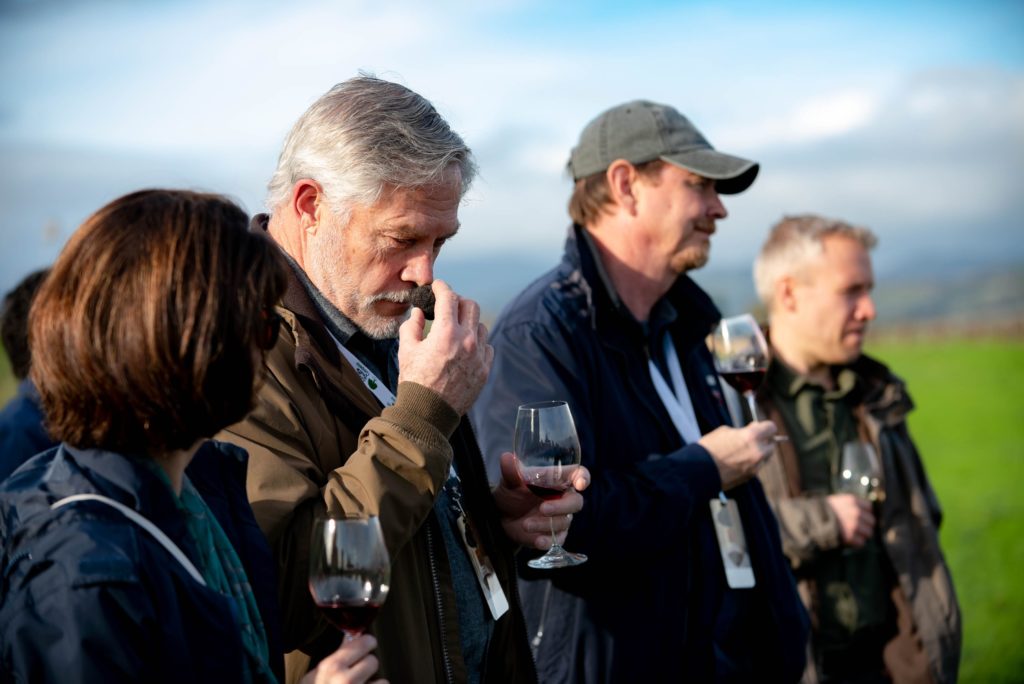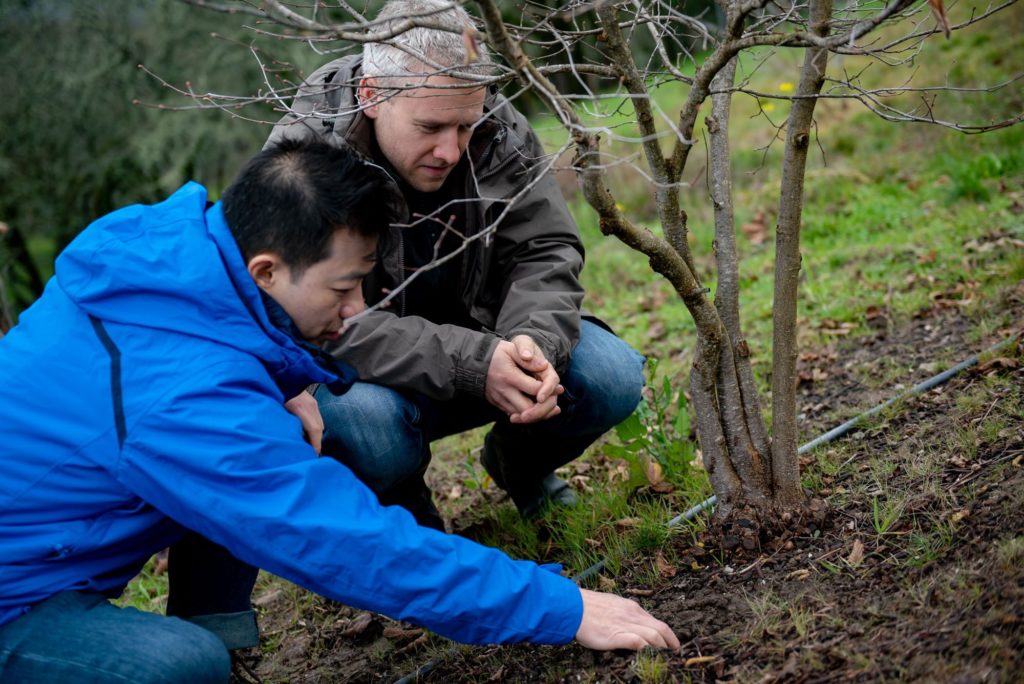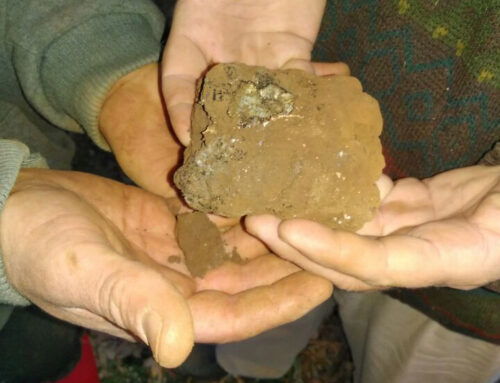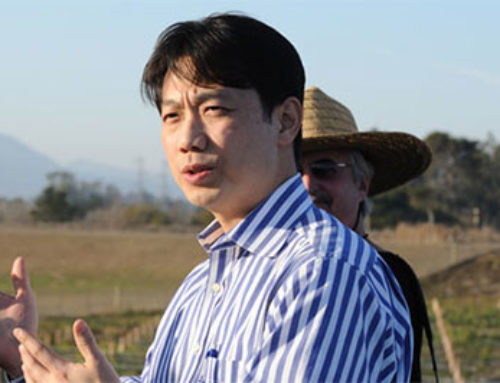There are many technical considerations in trying to grow truffles. We’ve outlined the Five Steps to Growing Truffles before. However, by far the single biggest risk in growing truffles is not any of these technical considerations. It’s not the trees; it’s not the diseases; it’s not the soil. The single biggest risk is consistently the human factor. Time and again, we have seen this pattern play out across the country and indeed around the world.
What do we mean by the human factor? It’s the decisions (or indecisions) that orchard owners make, as well as the management and organizational behavior involved in maintaining the truffle orchard.
For example, the very first decision an orchard owner makes is which of the two approaches to take to grow truffles. The conventional approach involves buying truffle inoculated trees from a tree nursery and then using whatever publicly available information to decide what to do for every other aspect of setting up and running a truffle orchard. Unfortunately, the failure rate for this conventional approach is over 98%, for the very simple reason that the science of truffle cultivation is largely unavailable in the public domain – unlike for every other conventional crop. The other approach is based on scientific methods and data. Every management detail is driven by solid science, data, and analysis. This scientific approach has yielded an extremely high success rate. The decision of which approach to take therefore has profound and long-lasting effects on the success of a truffle orchard, no later how diligently one works to maintain the truffle orchard later.
Another example involves a gentleman who lived in Central America for twenty years, got into the coffee business there and grew many acres of coffee trees. Upon returning to the U.S. and establishing a truffle orchard with us, he consistently disregarded ATC’s scientific recommendations and instead took care of the truffle orchard in the same way he took care of his coffee trees. 90% of his truffle trees ended up dead.
Even for successful truffle orchards, periods of mismanagement have either caused delays in first harvest, or significantly reduced yields after production started. Often, the orchard owners are not themselves the ones actually in the field maintaining their orchards. In many cases, a hired crew or management company manages the orchard. Despite the best intentions of the owners, the actual orchard manager sometimes neglects to perform critical management actions in the orchard. Organizational behavior dysfunctions then contribute to the owner either not seeing the effects clearly, or even ends up perpetuating the dysfunction. For those of you familiar with corporate culture, this is no different from the group-think and the games of politics that employees play with each other.
In addition to applying rigorous science to truffle cultivation, a significant part of what ATC does is managing the human factor. Having seen its potentially detrimental effects, we often anticipate the human-related issues that can arise before they do. To understand how you can be successful at growing truffles, get in touch with us and learn more about how we can help.





